- hindi news
- Opinion
- Derek O'Brien's Column What Do You Think Of The Best Cricket Podcasts?
20 minutes ago
- copy link
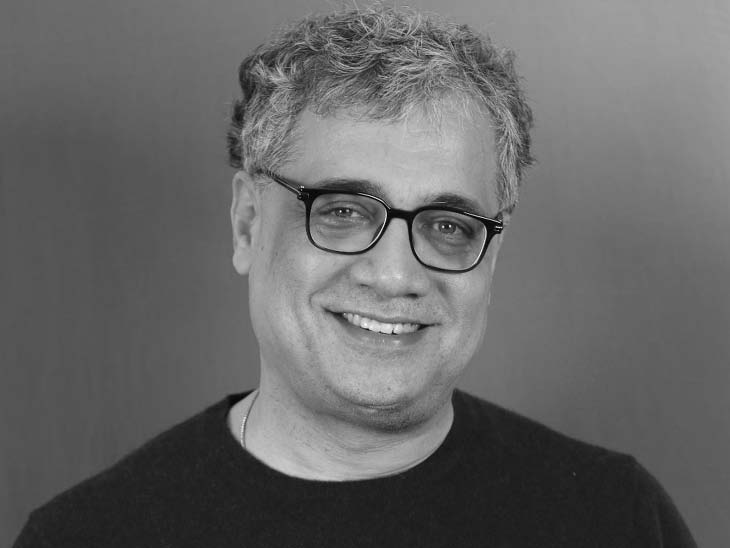
Derek O'Brien The author is MP and TMC leader in Rajya Sabha
I used to be a cricket fanatic, but have stopped watching over the years. A colleague reminded me that the Border-Gavaskar Trophy starts today. So let's rekindle the flame of cricket and talk about its preservation while celebrating something important: radio commentary. In the age of gifs and reels, when was the last time you listened to cricket commentary on the radio? When did you listen to Akashvani while sitting in the car to know the status of the match? It must have been decades!
The Millennials and Gen-Z reading this column may not be aware of 'listening' to a cricket match on the radio. It's not their fault. Those of us from the era of The Beatles and Aiba believe that 'Video killed radio.'
1922, Australia. The first recorded broadcast of a cricket match was for an exhibition game held in honor of Charles Bannerman, who scored the first century in Test cricket. According to cricket's Bible, Wisden, there is no recorded evidence of that broadcast.
India too, has a proud heritage of cricket commentary on radio. Ardeshir Furdorji Sohrabji 'Bobby' Talyarkhan is often considered the pioneer of cricket commentary on radio. He first did commentary for All India Radio (AIR) in 1934.
The commentary was for a match between teams representing the Parsi and Muslim communities in the quadrangular tournament held in Mumbai. Bobby Talyarkhan did not share the mic with any other commentator.
As Ramachandra Guha has written in his book 'A Corner of a Foreign Field', 'His self-control was like that of a superman. He kept talking without stopping (except during lunch or tea-break).' There were some brilliant names in radio commentary – Barry Sarvadhikari, Pearson Surita, Dicky Ratnagar, Anant Setalvad, Kishore Bhimani.
Some of these had a British English accent. Straight from 'The Long Room' at Lord's. At present, Sushil Doshi (from Indore) and Sanjay Banerjee are doing excellent work in and Sunil Gupta and Prakash Wakankar are doing excellent work in English.
If done well, radio commentary can be as interesting as TV's 24 frames per second video. It engages the listener, allows them to use their imagination and takes them right into the heart of the pitch.
As Orson Welles said, 'Radio is the theater of the mind.' So the BBC's 'Test Match Special' and the ABC's 'Grand Stand' have their own channels and listeners, including their podcasts. Behind the success of these programs is their quality. There is a need for top level commentators who build relationships with the listeners. John Arlott, Jim Maxwell, Alan McGilvray, Henry Blofeld, Christopher Martin Jenkins are part of the legends.
Why has Indian cricket commentary on radio become mediocre now? Barring four or five commentators, everyone else just reads a dull list of facts and figures. No color, no context, no history, no humor. In the first three months of 2022, All India Radio had an average of two crore listeners every month.
The number of podcast listeners in India is estimated at 17 crore. The revenue of audio-books of companies like Spotify is increasing rapidly. This is a great opportunity for Akashvani to reach more listeners by creating good content.
I have three suggestions. One, create a separate channel for each language. Making commentary by pairing and English commentators is like destroying good radio commentary. Two, the selection process of commentators for All India Radio is not transparent.
To build a group of top level commentators, it is important to have a fair and professional judging process. And three, from among the panel of commentators of All India Radio, it is important to select those people who have a deep understanding of cricket and its style/terminology to keep the listeners engaged. There is no point appointing commentators merely on the principle that 'everyone on the panel should get a chance'.
The number of podcast listeners in the country is estimated to be 17 crore. The revenue of audio-books of companies like Spotify is increasing. Akashvani has a good opportunity to reach the listeners by creating good content. (These are the author's own views. The researcher supporting this article is Ayushman Dey)

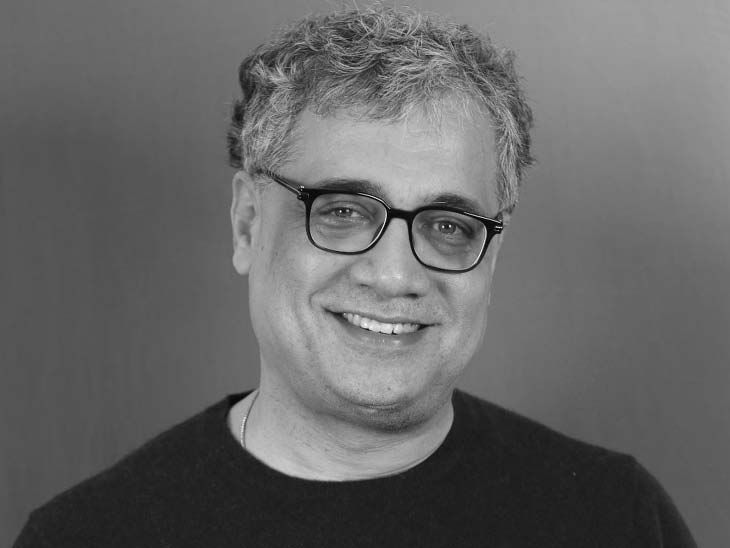
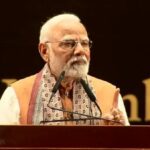

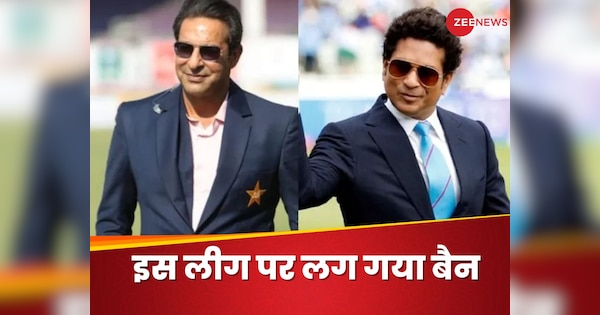
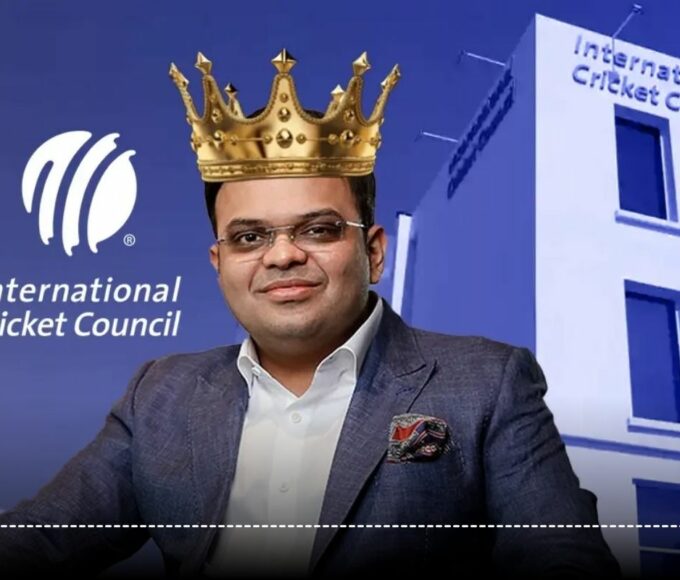
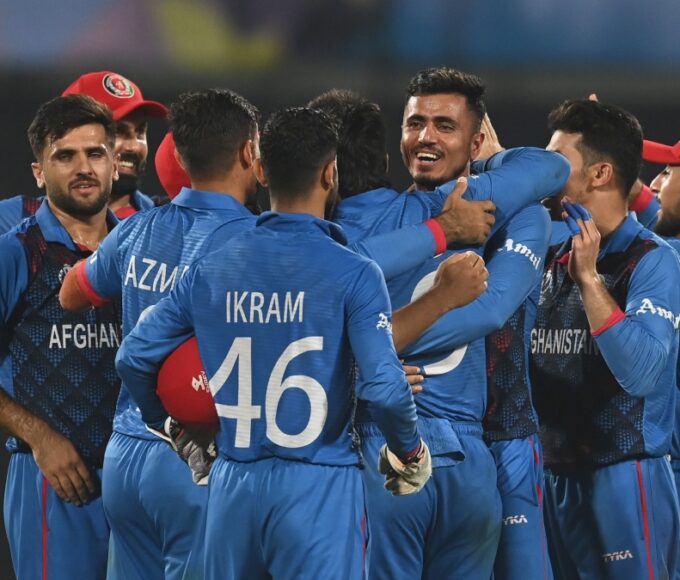
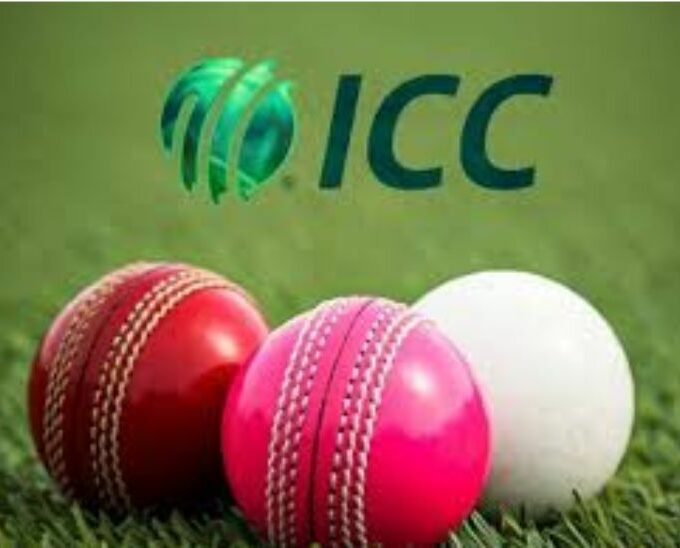
Leave a comment